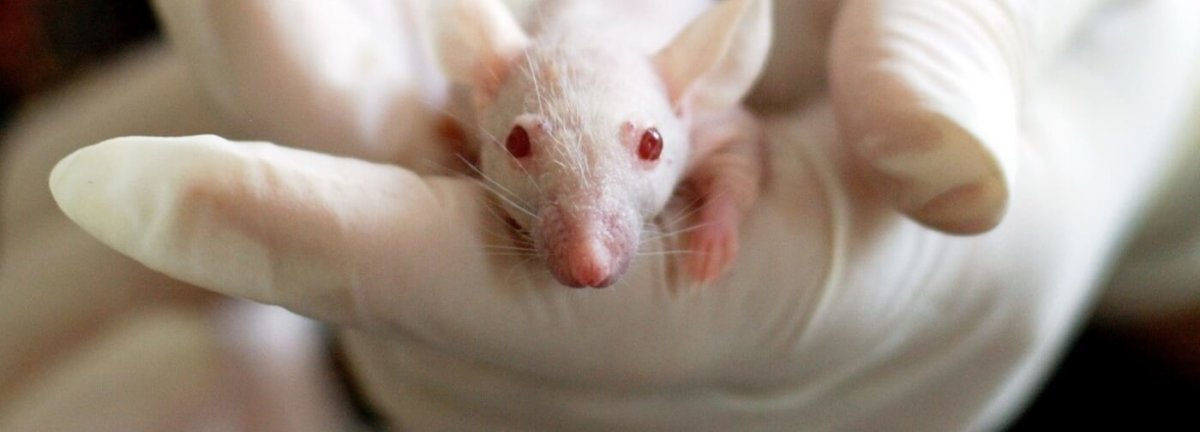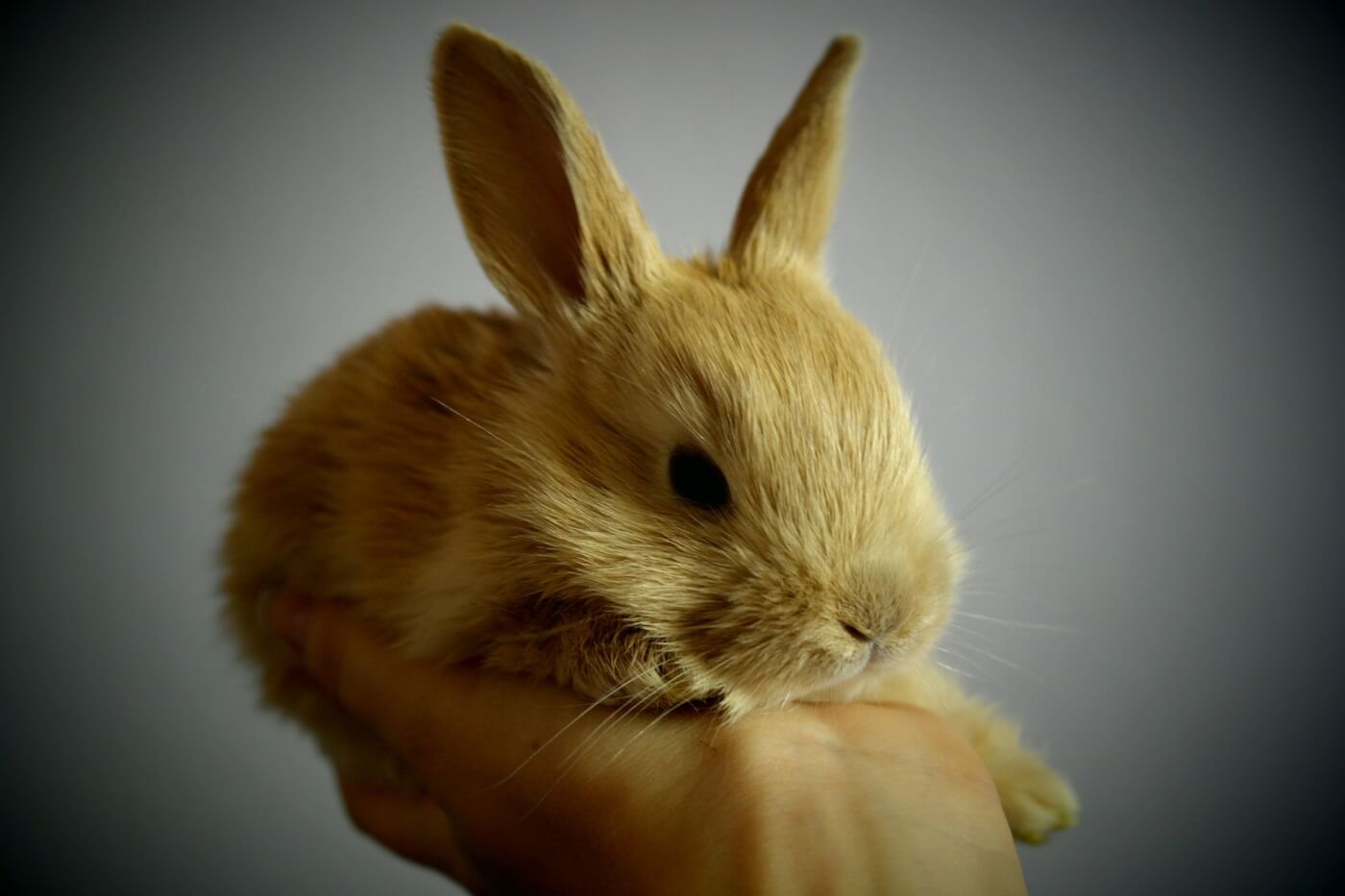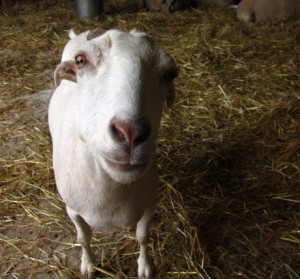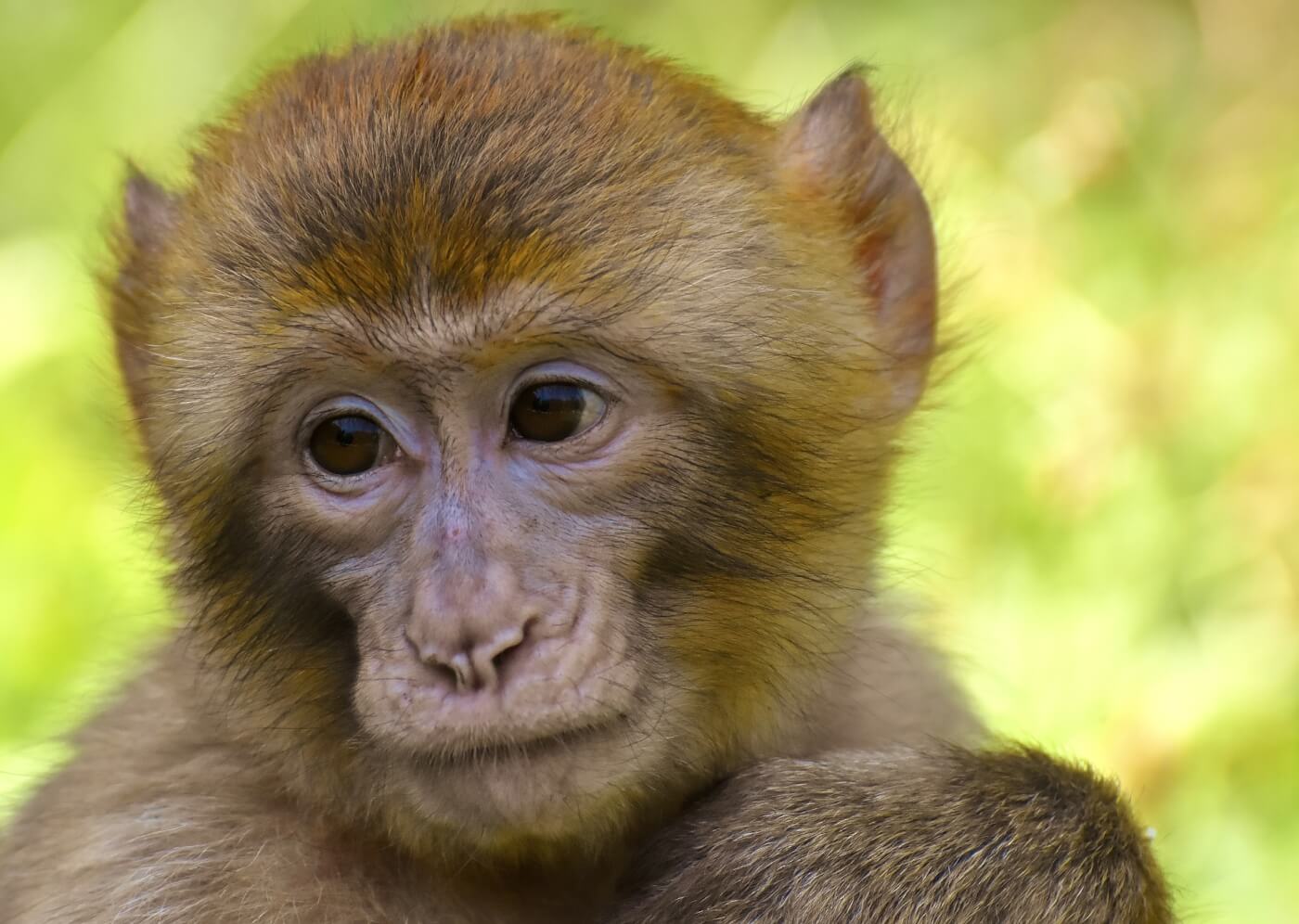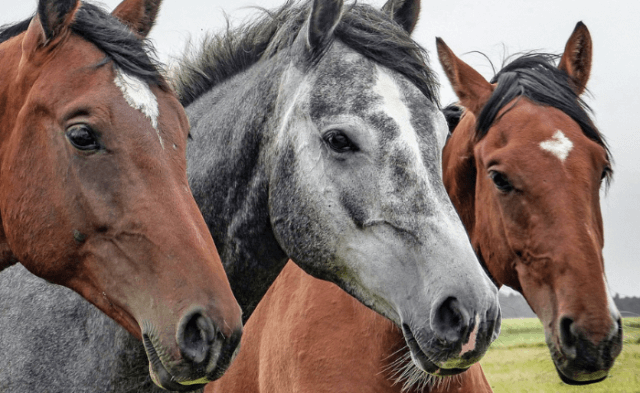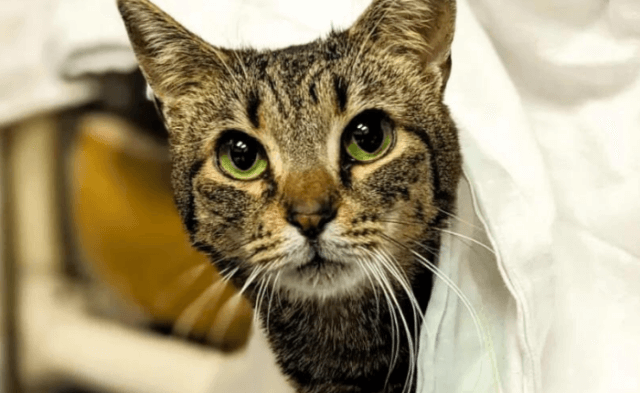As 2018 winds down, we’re taking a few moments to reflect on the year’s biggest accomplishments for animals, highlighting PETA’s victories that are saving animals’ lives and stopping some of the worst abuse that they face.
Earlier this week, we took a look at PETA’s success in persuading the fashion industry to reject the killing of animals for their skin. The group is also working hard to end the caging, poisoning, and mutilation of mice, rats, rabbits, and other animals in cruel experiments, tests, and training exercises around the world.
Following years of pressure from PETA, the U.S. Coast Guard confirmed in writing that it’s the first branch of the military to end the shooting, stabbing, dismembering, and killing of animals in trauma training drills. In 2012, PETA had released a whistleblower video of a Coast Guard medical training course, which revealed that instructors cut off inadequately sedated goats’ legs with tree trimmers, cut into their abdomens to pull out their organs, and stabbed them with scalpels as they moaned and kicked. The agency will now use advanced simulators that better prepare troops to perform lifesaving procedures and treat traumatic battlefield injuries.
Many food companies conduct experiments on animals in order to make health claims for marketing their products, but these deadly tests are irrelevant to human health and aren’t required by law. Following discussions with PETA, dozens of the world’s leading food and beverage companies—including global beer, spirits, soft drinks, and food company Asahi Group Holdings and cereal giant General Mills—agreed to ban all experiments on animals for the purpose of making such dubious health claims. Some of the companies had previously conducted experiments in which mice and other animals were repeatedly force-fed before being killed and dissected, but now they’ll use effective, non-animal research methods—and PETA will continue encouraging others to make the same compassionate move.
PETA’s also making it harder for experimenters to get their hands on animals in the first place. Just days after receiving reports that Russian airline AirBridgeCargo was planning to ship monkeys from China to the U.S. through Los Angeles International Airport so that they could be used in experiments, thousands of calls and e-mails from PETA supporters compelled the airline to cancel the plans. Without missing a beat, PETA began urging the company to end its transport of monkeys anywhere in the world, and AirBridgeCargo soon announced an immediate ban on the transport of nonhuman primates throughout its entire fleet. Today, only one major airline is still transporting primates bound for laboratories, and we’re working to change that, too.
Each of these victories—and the dozens of others won for animals used in experiments this year—has spared many lives. You can help PETA keep winning for animals in 2019 by making a year-end gift today.
Next week, we’ll look at PETA’s efforts to end the suffering of animals abused for cruel entertainment.

